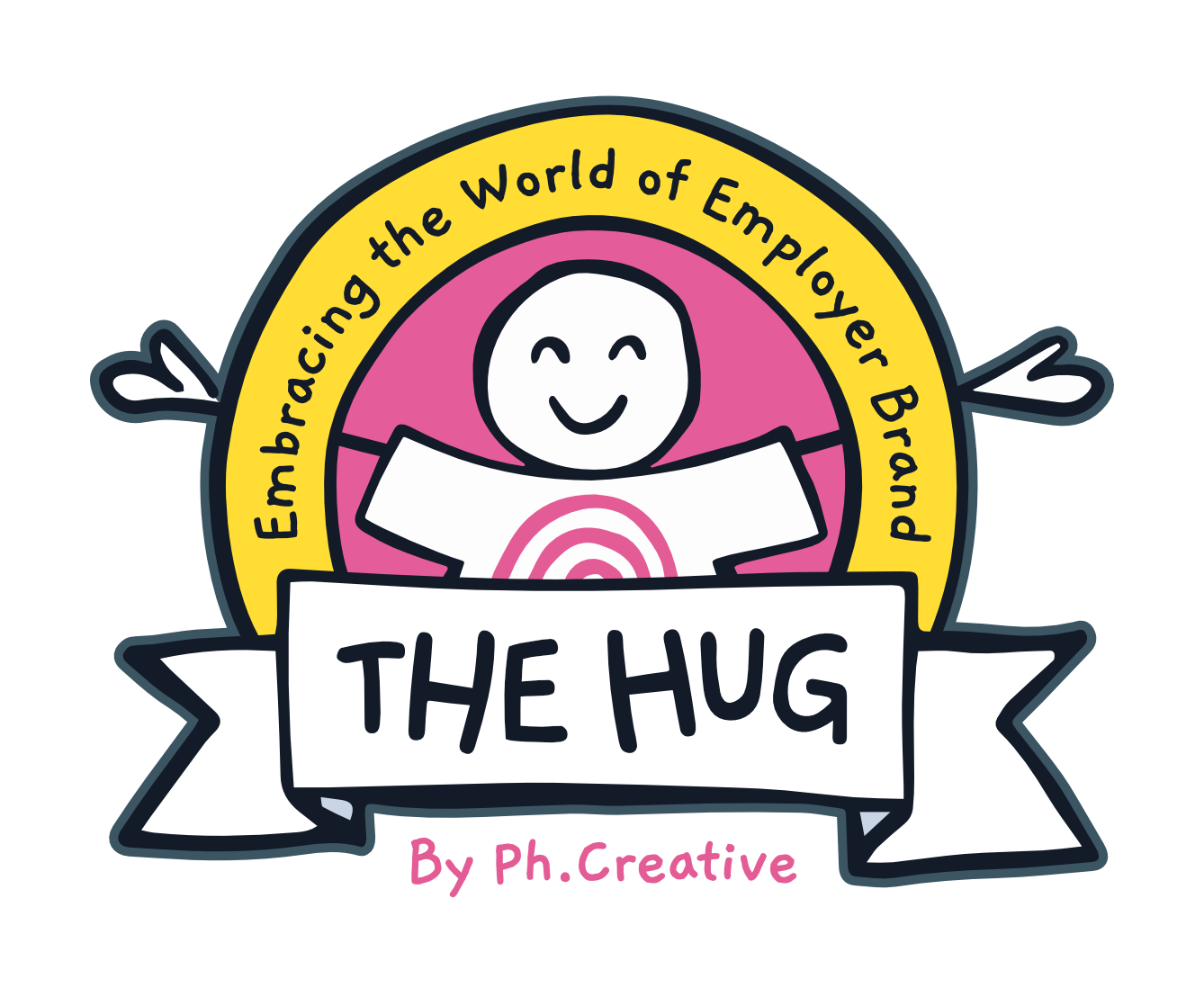700 OpenAI workers threatened to quit for Sam Altman, here's why.
3 min read. If there's one corporate scuffle that whipped up a wilder frenzy in big tech than the prospect of Elon Musk and Mark Zuckerberg throwing each other round a cage, it was this - the battle between Sam Altman, CEO of generative AI research organisation OpenAI, and its board of directors, which one Wired article excitedly referred to as a “lunatic boardroom knife fight.”
If there's one corporate scuffle that whipped up a wilder frenzy in big tech than the prospect of Elon Musk and Mark Zuckerberg throwing each other round a cage, it was this - the battle between Sam Altman, CEO of generative AI research organisation OpenAI, and its board of directors, which one Wired article excitedly referred to as a “lunatic boardroom knife fight.”
But aside from being pretty entertaining, there are some powerful lessons about fostering employee loyalty and a robust brand hidden within the drama.
So, what happened?
Well, events kicked off when the board of directors at OpenAI made an ostensibly bizarre decision to axe its well-respected CEO and co-founder Sam Altman, which they justified with the vague explanation that Altman had not been “consistently candid in his communications with the board."
Whether or not they felt they were acting in the best interests of the company, the board certainly weren’t banking on the full-scale revolt that ensued.
After Altman’s rogue dismissal, over 700 OpenAI employees (which is most of them) made their resentment clear, signing a letter demanding their beloved leader be rethroned, and the board themselves resign, or else they would march through the pearly gates of Microsoft to a new subsidiary led by - you guessed it - Altman.
“The process through which you terminated Sam Altman… has jeopardized all of this work and undermined our mission and company,” the letter reads. “Your conduct has made it clear you do not have the competence to oversee OpenAI."
And when you get that kind of rallying from your workforce, something has gone very right with your employer branding.
Employees also bemoaned that the decision seemed to come out of the blue, with little evidence to support it, and that the leadership team’s protests and attempts to reason fell on deaf ears.
Giving the board an ultimatum was a bold move, but it paid off.
Faced with the choice between an OpenAI with its former CEO, or no OpenAI at all, the directors were forced to backpedal. All but one member resigned from the board, and Altman was restored to his original position.
We all love a bit of drama. It’s why we watch shows like The Kardashians or Love Island (and then lie to our friends about it.)
And while we’re not usually in it for educational purposes, there are a couple of interesting things we can learn about great employer branding from the OpenAI debacle.
What we can learn from Sam Altman's return
Shared purpose breeds loyalty
OpenAI was initially founded as a non-profit to develop AI tools that would "benefit humanity as a whole, unconstrained by a need to generate financial return," as they put it back then.
For the workers, Sam Altman embodied this purpose, and they were so strongly aligned to it that removing Altman from the picture seemed unfathomable.
They were fiercely loyal to him because of what he represents. And, as events have shown, employee loyalty can be an incredibly powerful thing. The way these employees mobilised to protect shared purpose will shape the future of the leading AI research organisation and its impact on the world to come.
Clearly articulating your mission and how each member contributes to it keeps everyone marching in step.
Employee experience matters
Employees truly are the most valuable and competitive asset a company has.
So, when they feel totally stonewalled from significant decision-making, it lays the groundwork for catastrophe.
OpenAI’s team felt misrepresented by the board because their values were misaligned, which is why it is so imperative to hear your employees, put them at the heart of your branding, and involve them in your strategy from day one.
The Key Takeaway
The OpenAI saga shows the raw power of employer branding done right. When purpose and culture ring true, employees will go to the mat for them — even if it means quitting. This level of buy-in builds an unbeatable brand.
The solidarity OpenAI workers demonstrated signals how much influence employees can wield when rallied behind a common cause.
Their ultimatum forced the board's hand. The takeaway? Employee experience must be at the core of the brand's identity. When it is, companies tap into an arsenal of brand devotion at their fingertips.
Sign up to our blog

Every other Thursday we share:
✔ One feature full of our freshest insights
✔ An expert hack you'll love to use
✔ The links you need now
+ other helpful bits for thousands of EB and TA pros just like you
